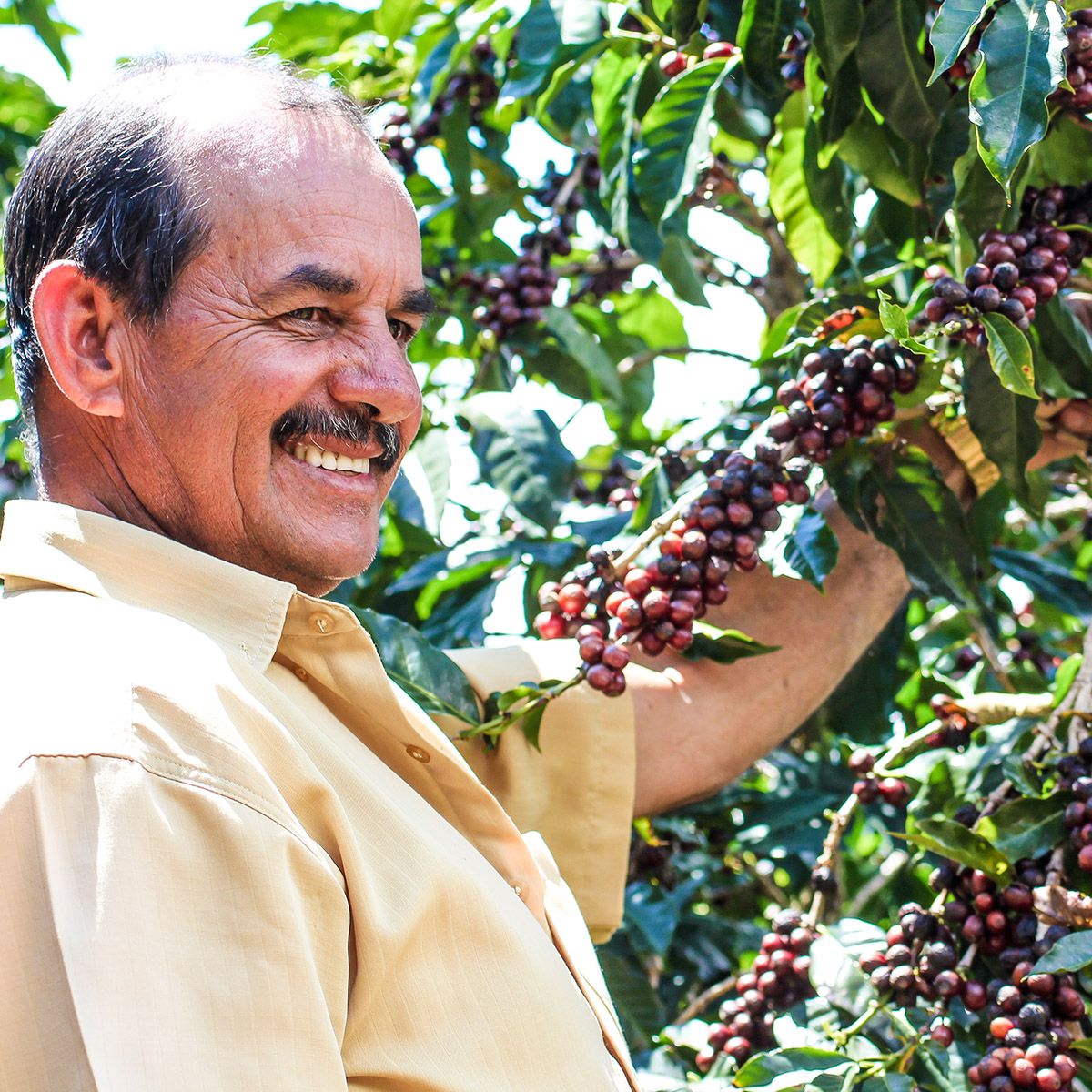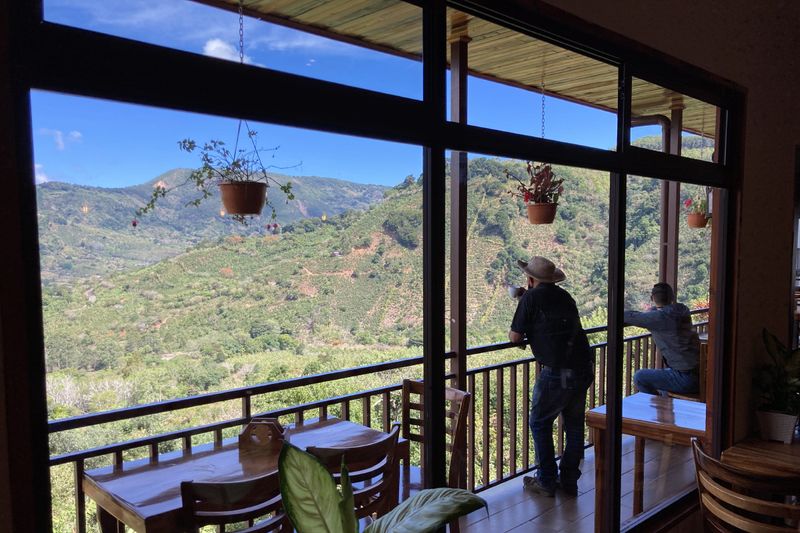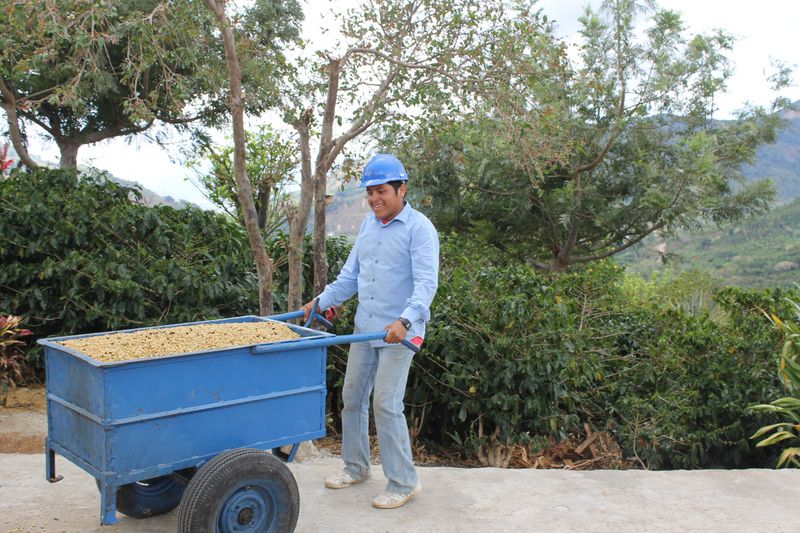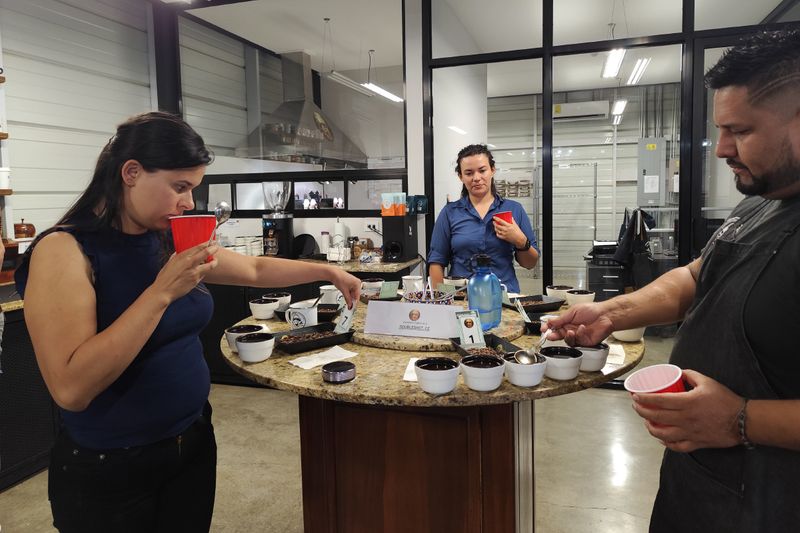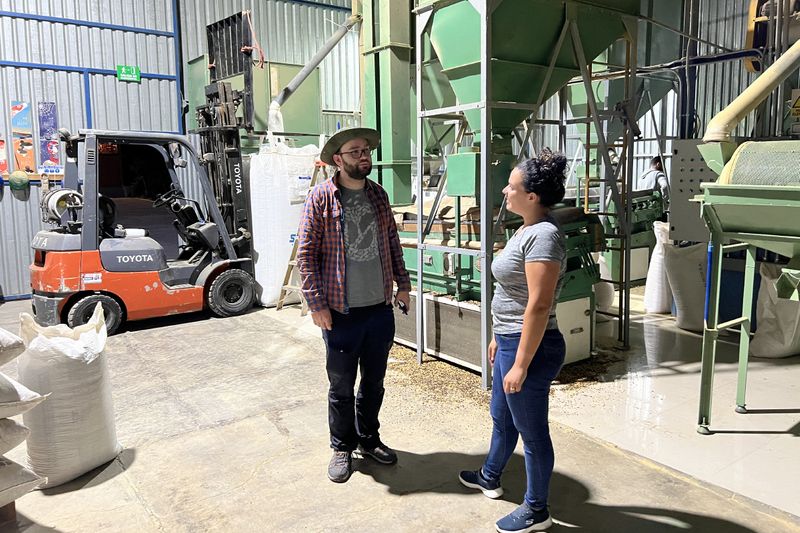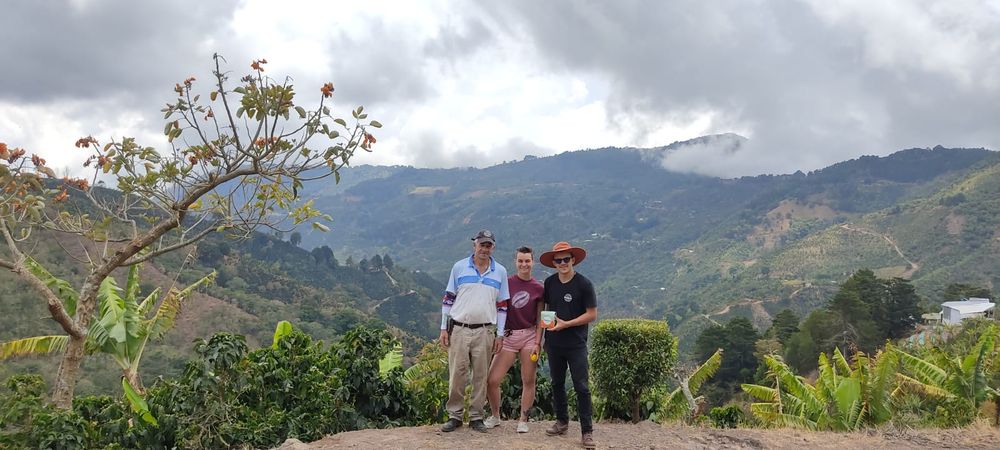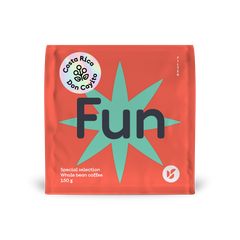Are you sure you want to perform this action?
Calderón Family
-
Micromill / Farms
Los Angeles / Don Cayito, Vendabal, Los Angeles / Don Cayito, Vendaval, La Estrella, La Granadilla, Los Girasoles, Las Flores, La Casa, Bisunga, Cedral, Las Nubes, El Colegio, Romero, Cayito, Quebrada Grande
-
Country
Costa Rica
-
Region
Santa Maria de Dota, Tarrazu
-
Varieties
catuaí, geisha, typica mejorada
-
Crop
January - April
-
Awards
1st place CoE 2022, 3rd place CoE 2025
-
Cooperation
Since 2016
